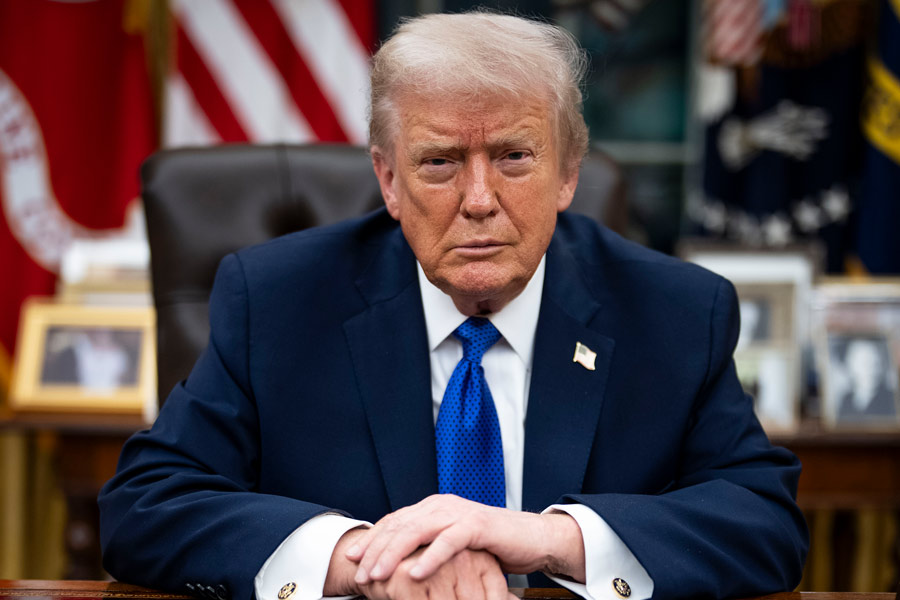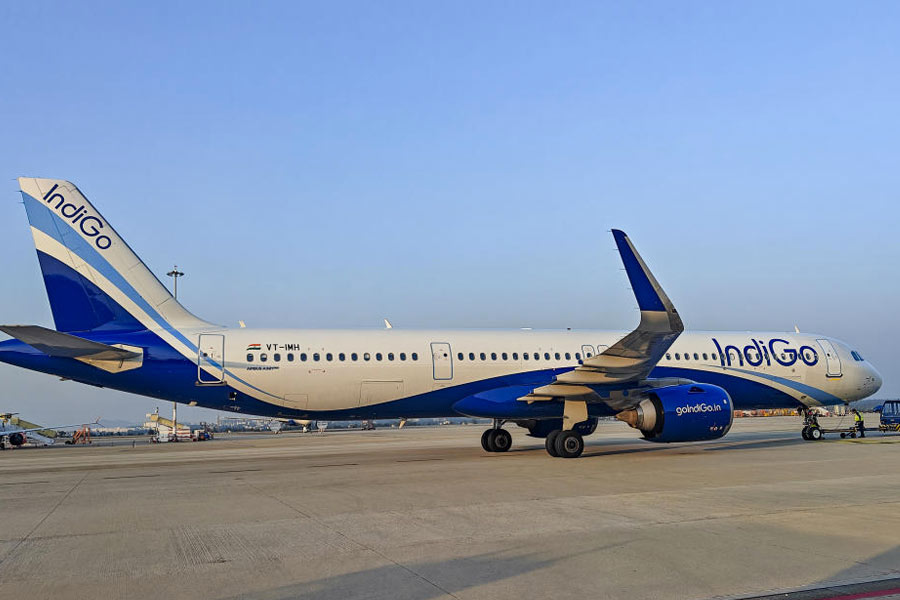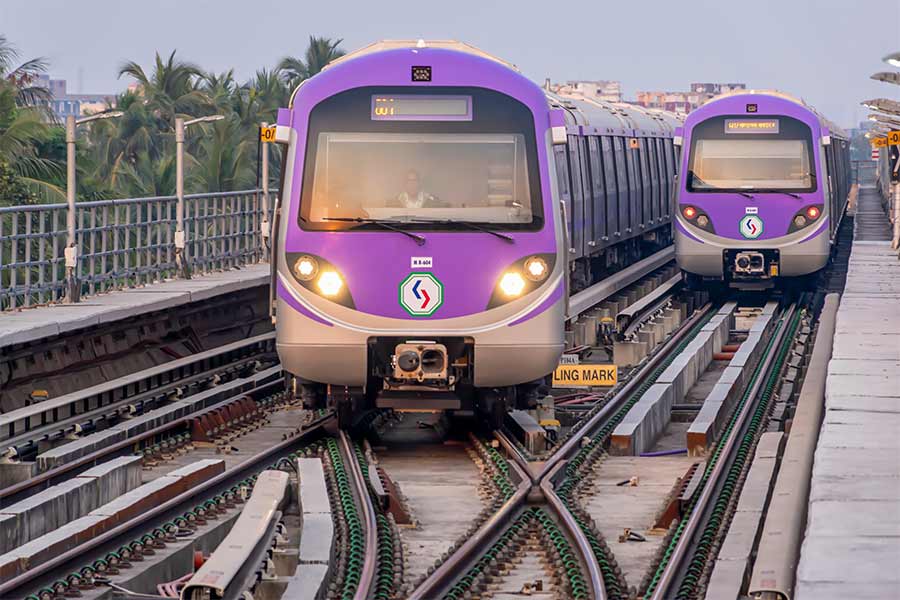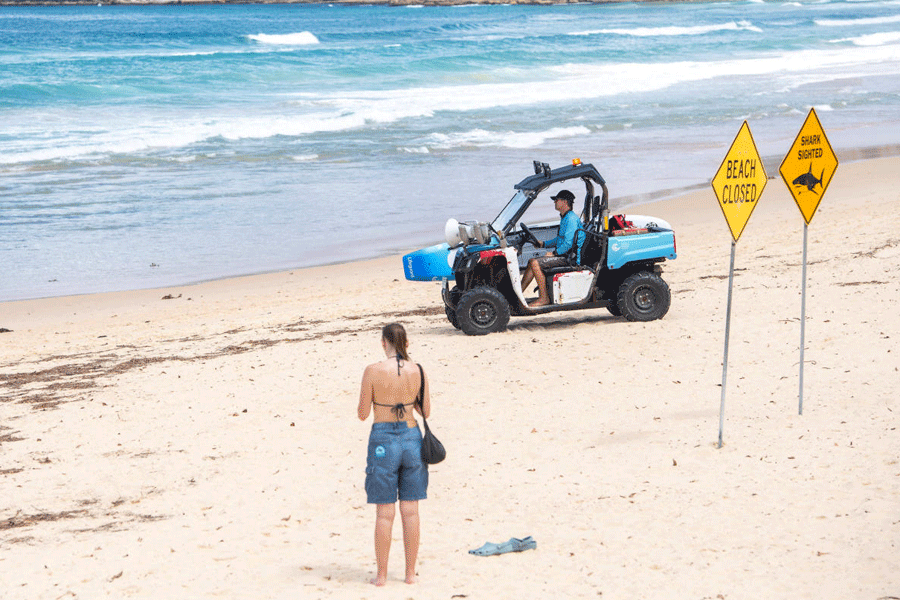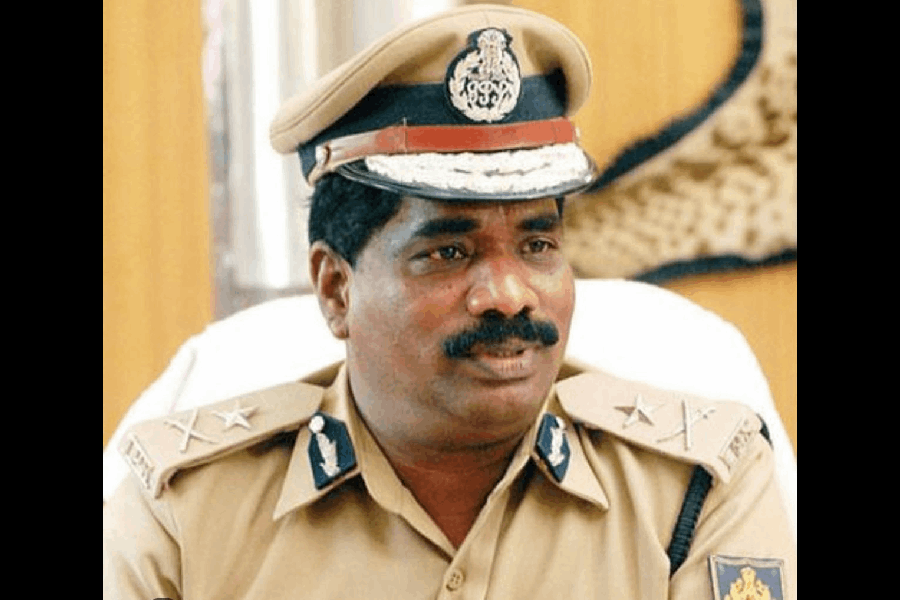 |
The public vehicles department has for the first time fined three taxi drivers Rs 3,000 each for refusing passengers, setting a precedent for penalties that would pinch habitual offenders where it hurts the most: the pocket.
All three complaints about taxi refusal have been treated as “permit violation”, a deviation from the practice of police imposing a token fine of not more than Rs 100 for the offence.
Two of the three drivers fined for taxi refusal between March 3 and 25 have already paid the penalty and the third has promised to do so within a week, sources in the PVD said.
The trio have also had to give in writing that they would not refuse passengers, a tactic aimed at building pressure on errant taxi drivers who refuse thousands of passengers every day.
“During the hearings, the three taxi drivers admitted to refusing passengers and were fined accordingly,” said C. Murugan, director of the PVD. “Several others had been summoned but they didn’t turn up. We have fixed another date for them in end-April. If they don’t attend the hearing, their taxis would be blacklisted.”
A blacklisted taxi won’t be able to renew its permit, pay tax and participate in fitness tests, mandatory for keeping the vehicle on the road, a senior PVD official said.
The PVD, which operates under the transport department, has a Facebook page where people can post complaints about taxi offences ranging from refusal to faulty meters.
The huge gap between the fine slapped for taxi refusal before and after the PVD came into the picture springs from a difference in interpretation of rules.
According to the West Bengal Motor Vehicles Rules, permits are to be issued for taxis on condition that drivers will not refuse passengers. Section 120 of the rules states that no taxi can refuse passengers, charge more than the metered fare or ply as a shuttle car. Drivers are also required to ferry passengers through the shortest possible routes.
“Contravention of the rules invites a penalty under Section 192A of the Motor Vehicles Act, where the minimum fine is Rs 2,000,” a PVD official said. “We pegged the fine at Rs 3,000 to send a stern message to potential offenders.”
Traffic sergeants usually book a driver for refusal under Section 23(I) of MV Act. The penalty is Rs 100, same as that for parking in a “no-parking” zone. The driver’s licence gets punched too.
“A taxi driver refusing a passenger means he is defaulting on the terms and conditions under which the government had issued him a permit to drive a taxi as a contract carriage,” a PVD official said. “If the penalty for a violation is not strong enough, it will not act as a deterrent to future transgressions.”
Metro had conducted a road test for yellow cabs on December 19, coinciding with the inaugural run of the no-refusal taxis. As many as 10 out of 11 yellow taxis failed the no-refusal test that day, but that didn’t surprise as much as the result of a repeat test on the no-refusal fleet on February 24. Six out of the 12 no-refusal taxis surveyed either refused or demanded more than the metered fare to various destinations
“This city lacks a mechanism for a sustained crackdown on taxis, be it passenger refusal or faulty meters,” said Anindita Chatterjee, a bank employee from Tollygunge who depends on taxis for her daily commute. “I am not sure penalising three drivers out of 30,000 will make a difference.”
The drivers who have had to cough up Rs 3,000 as fine for taxi refusal swear they would think thrice before committing a repeat offence.
“Humko bahut laga, sir, itna fine deke (It really hurts paying such a huge fine),” said Gajendra Prasad Gupta, one of the two drivers who paid the penalty within four days of the hearing at the PVD’s Beltala office.


